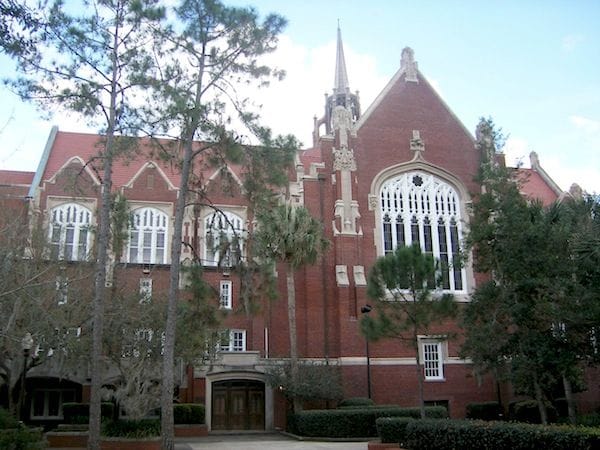Varying Tuition Prices Per Major Could Become Reality in Florida

Photo: Wikimedia Commons

Florida Governor Rick Scott recently received the Higher Education Task Force’s recommendations which sought to examine the role of the state's public university system and make recommendations for how to keep Florida competitive with other leading research universities in the nation. One of the most controversial recommendations included varying tuition prices based on the student’s year in school and their academic field.
This proposal was geared towards making the university system into a direct pipeline for the economy. If adopted, the plan would charge more for classes with no immediate job prospects. In theory, therefore, students with non-strategic majors, such as in the humanities, would pay a higher tuition and subsidize students with strategic majors. In the end, it hopes to create a swelling of students graduating in ‘strategic’ subjects to make immediate economic contributions to the country. Some of these majors include business, accounting, and engineering.
However, there has been a great deal of backlash to the idea from university professors and the broader public. The History Department at the University of Florida, for example, organized a protest to the recommendation, which they feel will discourage enrollment in their courses. Their petition states that:
“At the heart of the task force’s recommendations is the notion that institutions of higher education should be rewarded or penalized in accordance with the extent to which they reach what the task force calls “state goals,” rather than the supposed goals of the institutions themselves.”
The institutions, they claim, seek to produce well-rounded, well-educated, and engaged citizens, not just students that are able to fill a narrow set of job prospects. The petition received almost 2,000 signatures in the first days of its appearance on the web.
Governor Scott Walker of Wisconsin has made similar proposals recently, although no specific recommendation has become official. Walker questioned whether universities were helping produce students that could fill jobs, not just “jobs that the universities want to give us, or degrees that people want to give us.”
These governors’ initiatives suggest a shift in priorities around the country. With a faltering, weak economy, there appears to be a move towards trying to economize the university system to adjust to new financial realities. However, the attempts are still viewed by many with some skepticism. Universities are supposed to give students the skills to succeed in the world, but the purpose and directive of a liberal arts education is much broader than from within a few goal oriented majors. Universities equip students with critical thinking skills, the ability to solve complex problems, and to be able to communicate effectively, both verbally and written. Ultimately, a core feature of a liberal arts education is connected to producing thoughtful and compassionate global citizens. The cost of penalizing these majors, in the long run, could prove high.


